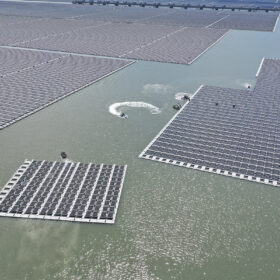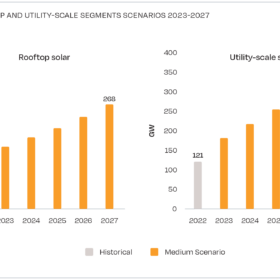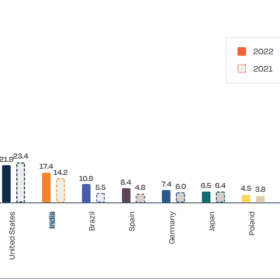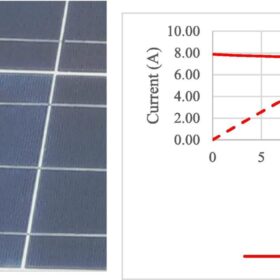Ciel & Terre hits 1.5 GW floating PV pipeline
French floating PV specialist Ciel & Terre says it now has more than 1.5 GW of floating PV projects in the design phase or under construction. It has already completed 280 floating solar projects in more than 30 countries, totaling 820 MW.
India, France discuss ISA priorities for accelerating global energy transition
In a meeting with the French delegation, India’s power minister emphasized the role of insurance for renewable energy projects, payment security mechanism, and debt financing in attracting investment into renewable energy.
Faster electric car rollout in Bangladesh demands policy support
The economic burden of air pollution in Bangladesh, for which transport is one of the major reasons, calls for strong policy-level intervention to increase the adoption of electric cars.
Saatvik Green secures solar EPC contract for a cement major in Karnataka
Saatvik Green Energy has secured a complete solar EPC contract for an 8.08 MW DC (6.5 MW AC) solar power project in Karnataka.
Asia leads charge in renewable energy growth
IRENA’s report Renewable Capacity Statistics 2023 shows that in 2022, Asia accounted for nearly 60 percent of the worldwide increase in renewable energy generating capacity, resulting in a total of 1.63 Terawatt (TW) of renewable capacity by year end. A huge part of this increase occurred in China.
India remains world’s most attractive solar market
India has retained its crown as the most attractive market for solar investment, according to the latest edition of Ernst & Young’s renewables attractiveness index.
Global rooftop PV additions soar by 50% to 118 GW in 2022
The world installed 239 GW of new solar capacity in 2022, according to SolarPower Europe. The rooftop PV segment accounted for 49.5% of additions – the highest share in the past three years. The rooftop sectors in Brazil, Italy, and Spain grew by 193%, 127%, and 105%, respectively.
PPA prices falling across Europe, says Pexapark
Pexapark says power purchase agreement (PPA) prices are falling in Europe, with prices in Spain and Portugal down by 6.4% and 6.2% to €40.90 ($43.99)/MWh and €39.60/MWh, respectively.
India installed third most solar capacity in the world in 2022
India installed an impressive 17.4 GW of new solar capacity in 2022, retaining its third spot in annual PV capacity addition globally.
Research shows polycrystalline panels from 11 different producers degrade more than warranty rate
A research group in Ghana has conducted a series of tests to assess the performance of polycrystalline solar modules in PV systems operating in their home country for at least 5 years. They found that the vast majority of the panels may ‘fail’ before 20 years in operation under outdoor conditions.















